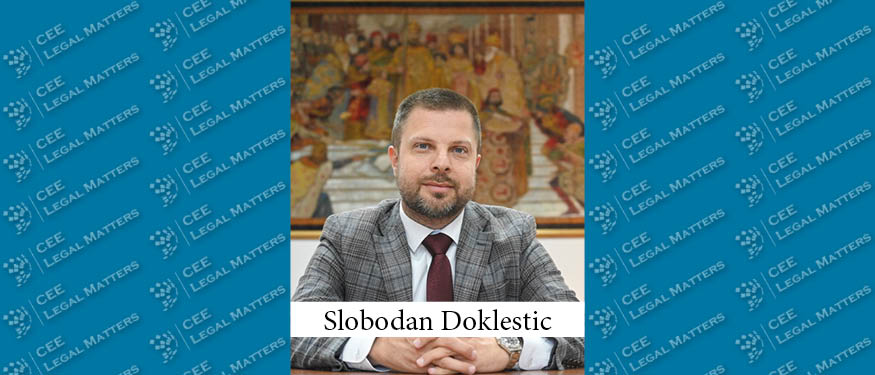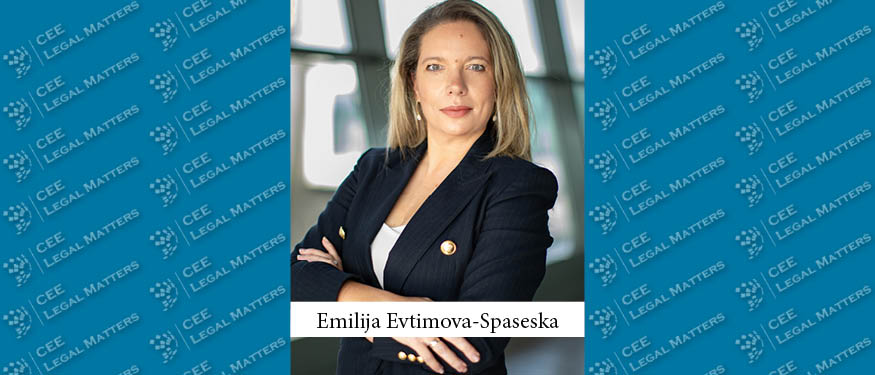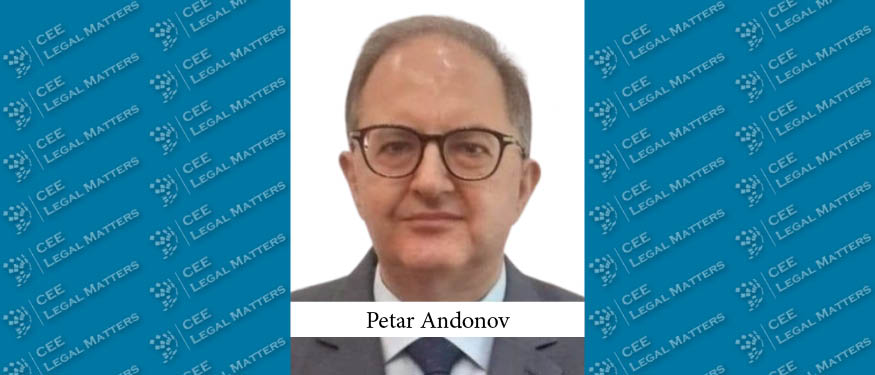Despite a recent M&A slowdown, updates to the capital markets and land rights laws, renewable energy auctions, and business migration heavily impact Serbia's legal and business landscape, according to Doklestic Repic & Gajin Partner Slobodan Doklestic.
“Over the past few months, we have observed a slight slowdown in M&A activity both in Serbia and other countries in our region,” Doklestic begins. “The exact reasons for this slowdown are difficult to pinpoint, but it could be attributed to the delayed impact of the slowdown in Western European M&A markets,” he posits. However, he reports there being “a resurgence in markets like London, which indicates that the effects will likely reach the Serbian market as well. We anticipate the market to pick up again starting in September.”
Apart from the M&A slowdown, Doklestic highlights several booming areas. In particular, he mentions “the new law on capital markets, which came into effect at the beginning of this year and is now gaining traction. The key novelty of this law is the introduction of substantial fines for non-compliance by public companies,” he says. These fines can reach up to 15% of the company's annual turnover. “The introduction of these significant fines is a game-changer and will likely lead companies to approach compliance in Serbia more seriously going forward.”
And there is another regulatory change expected by the end of this year, Doklestic says, regarding land rights. “Currently, most companies that were privatized in the early 2000s only have the right to use the land and cannot obtain construction permits until they convert this right to ownership. The current process for conversion is complicated and may involve paying fair market value for the land, leading to delays and difficulties,” he explains. “However, under the new rules, land use rights should be automatically converted to ownership rights without incurring any costs.” He expects this change to attract new investments for “many companies with production facilities in Serbia, allowing them to expand.”
Additionally, Doklestic reports there is an exciting new development in the renewable energy sector. “The government announced at the beginning of June that they are finally conducting an auction for energy produced from renewable wind and solar sources.” He elaborates that the auction period will run until “mid-August and will continue over the next two years with subsequent auctions. These auctions offer contracts for difference (premiums) for 15 years, with maximum prices for electricity at EUR 105 per megawatt-hour for wind and EUR 90 per megawatt-hour for solar,” he explains. “Incentives will be awarded to the investors that offer the lowest prices compared to the price ceiling. The government will provide the winning bidders with the difference between the quoted price and the market reference price. For the three-year cycle, they plan to auction a gigawatt of wind and 300 megawatts of solar in total.”
Finally, “the migration of businesses from Ukraine and Russia, as well as the relocation of businesspeople and IT professionals to Serbia, has had a significant impact as well,” Doklestic reports. “The IT landscape has undergone substantial changes, with start-ups and young, educated IT engineers arriving in the country. In the medium term, we anticipate the IT market to continue booming, leading to numerous investments and transactions over the next few years,” he concludes.
























